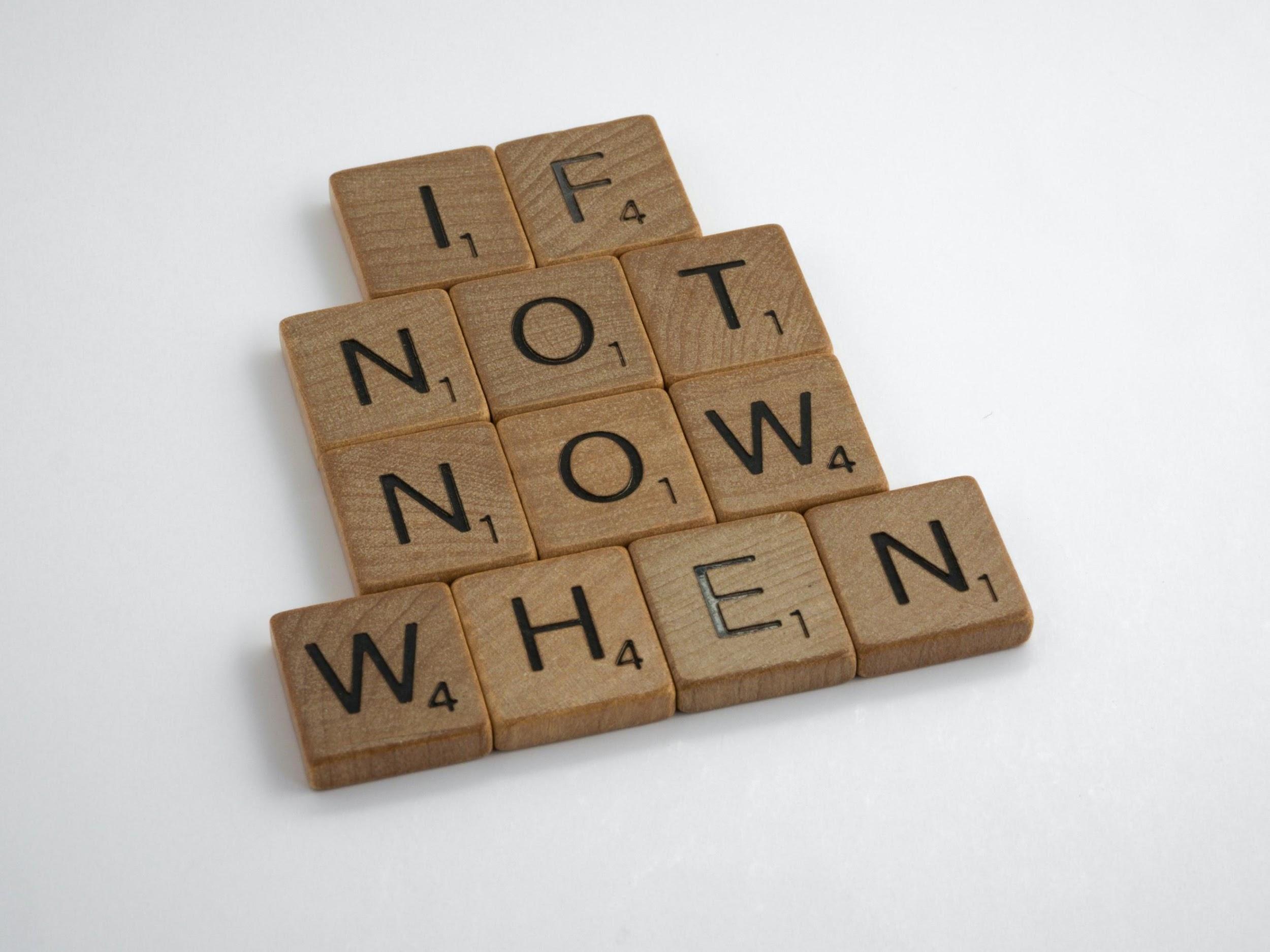As we move through life, there are times when we must make a judgement call. Often with little information, a lack of precedence and a whole lot at risk, we are tasked with making a decision that will best serve others. We have seen local, state and federal leaders struggle with these judgement calls since the start of the Covid-19 Pandemic. They had to decide if there was a proper timing for reopening businesses. If they did, what precautions must the employees and customers take? Should they re-open schools? What actions and requirements would best serve to protect students as well as the families they go home to? Of course, with all big decisions and judgement calls we make, some will be pleased with our actions while some will protest and reject them.
When we look at this from the perspective of coaching a client who needs to make a judgment call, we can channel the ICF Competencies of Active Listening, Powerful Questions and Creating Awareness.
One way of strengthening our judgement and decision-making skills, whether it is for ourselves or for asking a client questions to discover their next steps, is to reflect on yesterday, today and tomorrow. Within each area are specific steps for reflecting on how we’ve handled things in the past, how to get centered and do it today and how to think about what you learned that you can apply tomorrow. All the questions below can be asked of yourself or turned into questions you would ask a client.
Yesterday
A great place to start is to examine your own patterns for making decisions. You can ask these questions to start seeing patterns and where you or your client may want to shift them.
-
Do I assess the data and risk?
-
Do I make unilateral decisions, or do I seek input from others?
-
How have my judgement calls worked or not worked in the past?
-
Looking back, what did I learn from making the best judgement calls I could make under the circumstance?
Today
As you consider the action you want to take, consider if there are certain biases or assumptions you may have about the situation. Is there a way you think things SHOULD be, versus an openness to accepting things as they are?
Just as in coaching when we slow down and pay attention to our clients, how can you slow down and listen to others? Can we pay special attention to words being said, words that are unsaid, body language and tone?
As you forecast how your decision will be executed and how it will impact others, also consider the importance of this decision, what it stands for and how it can impact the greater good, as difficult as it may be.
-
How will this affect others?
-
What will I be standing for if I take this action?
-
What ethics may suffer if I do not take this action?
-
Might this action contribute to the greater good?
Tomorrow
With every judgement call you make, regardless of outcome, take time to review your learnings.

Ask yourself:
-
What did I learn?
-
What went well?
-
What could I have been done differently to improve this situation in the future?
-
Might this have led to growth, as part of a larger process, that I’m yet able to see?
-
Can this lead to continuous improvement where I Plan, Do, Check, Act? (PDCA)
Here is to your good health, good judgement, and success.
Shahrzad Sherry Nooravi, PsyD, MCC
President, ICF San Diego